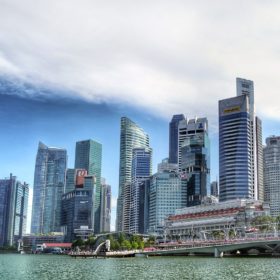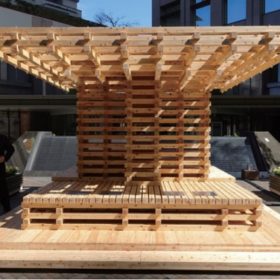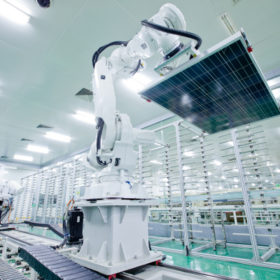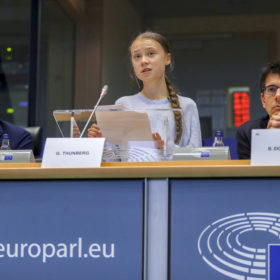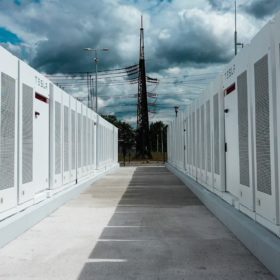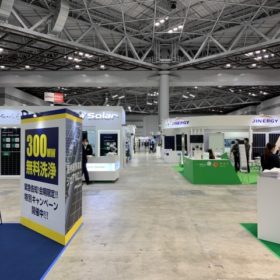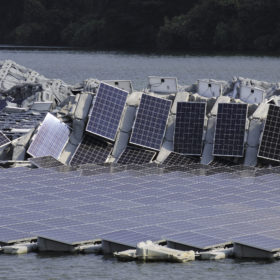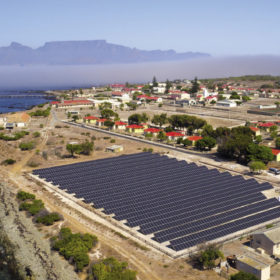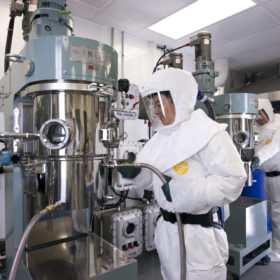Lithium-sulfur solid-state batteries promise fire safety at high performance
The scramble for new battery solutions is accelerating as researchers from Singapore tout an electrolyte which which they say produces highly stable lithium-sulfur batteries that maintain performance metrics – a task which has proven tricky thus far.
Solar-powered trees for cool spots in urban hot spots
A Japanese consortium has started producing solar-powered ‘urban furniture’. The result is a solar-plus-battery bench with cooling elements and vaporizers.
Jinko Solar raises Q4 2019 revenue guidance by 14%
Just before the end of 2019, the module manufacturer sold a few hundred megawatts more than it initially anticipated, prompting last-minute revisions to its preliminary earnings estimates for the fourth quarter and full year.
EU Climate Law dubbed a ‘surrender’ by Thunberg and a ‘disappointment’ by trade bodies and politicians
European Parliament groupings, renewable energy associations and climate activists have voiced disappointment at the EU Climate Law officially unveiled yesterday. Lack of a raised emission-reduction ambition to 2030 is at the heart of the opposition, with critics saying the plan will be insufficient to help prevent global temperatures rising more than 1.5 degrees Celsius.
Evaluating battery chemistries for grid-level storage
Researchers in China have ranked some of the most commonly used battery chemistries according to parameters deemed important for grid-level storage. The team gave a score in each category and determined a winner – and it wasn’t lithium-ion.
Coronavirus concerns overshadow PV Expo in Tokyo
The annual trade show was not particularly well-attended this year, but market sentiment is still positive in Japan – nobody believes that installations will drop due to the coronavirus outbreak. And the country’s upstream industry – modules, batteries, and hydrogen tech – clearly remains compelling, given the number of brave souls who actually did make the trip out to Tokyo Big Sight this year.
The weekend read: Don’t throw caution to the wind
Japan’s Ministry of Economy, Trade and Industry (METI) has opened a formal investigation into the exact failure mode behind the destruction at the Yamakura Dam floating PV installation. In the end, the ministry seeks to draw up a plan to revamp not just the dam, but also the arrays that are still intact. This is a learning exercise that should be closely followed, as floating PV is enjoying growing popularity.
ABB’s electrification business posts strong returns after inverter divestment
The Swiss-headquartered technology corporation is restructuring, stirring up the figures. That effect was amplified by acquisitions and sell-offs last year with ABB announcing in July it would hand over its inverter business to Italian company Fimer.
Mercedes-Benz teams up with Hydro-Québec for solid-state battery development
The luxury car maker is betting on the timely development of market-ready solid-state batteries. Mercedes will work with the Canadian research institute to quickly integrate new technology into field applications to cut development cycle times.
Canadian 400 MWac merchant solar plant secures financing
The project will operate at a profit in part thanks to an emissions scheme introduced by the province of Alberta on January 1. The plant will be able to sell its carbon certificates.

